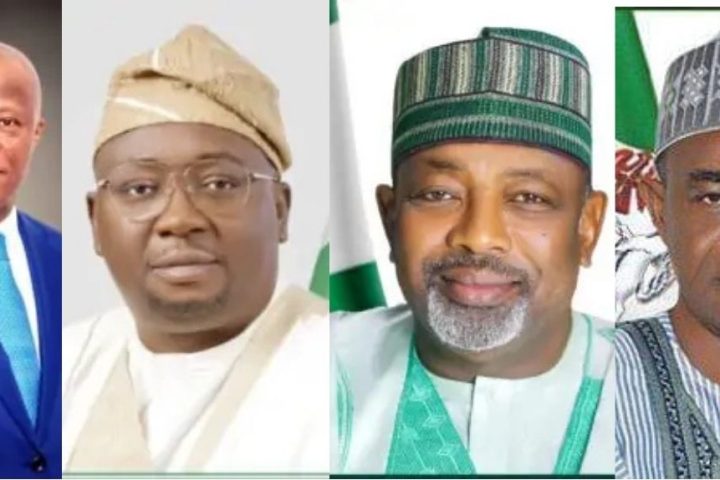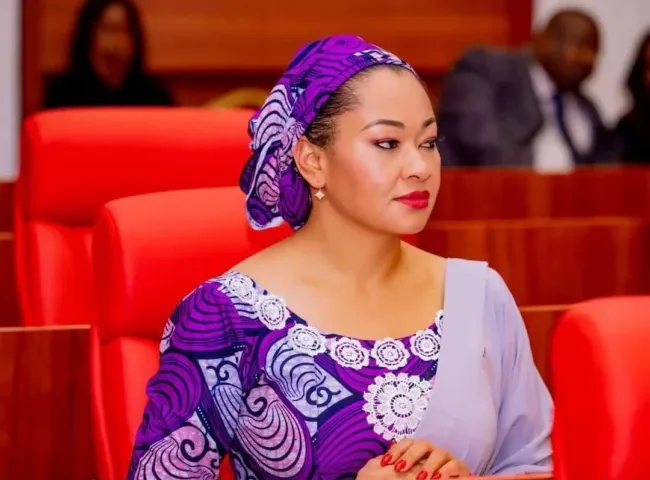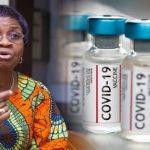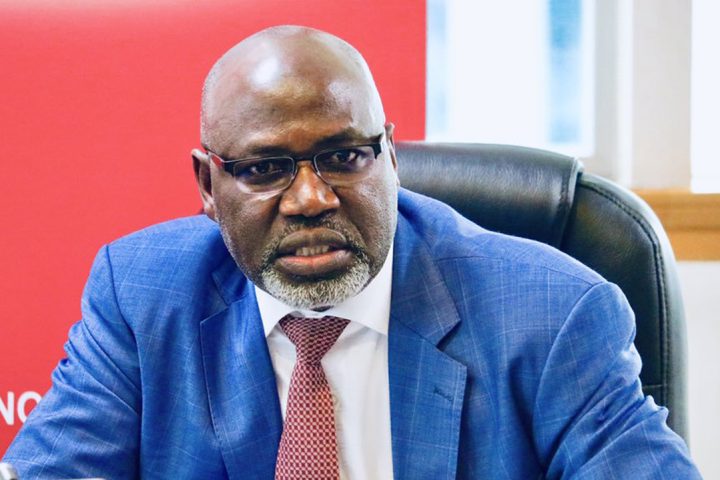Falling oil prices have seen Nigeria spend north of 80% in revenue to service its debt, constraining available space to respond to poverty and COVID-19 crises
NOT all of Nigeria’s current economic woes could be blamed on COVID-19, especially as its poverty index had remained bad before the advent of the pandemic.
At least 90 million Nigerians, representing one of every five Africans, are said to be living in extreme poverty, a situation which South Africa-based Economist Ms Boingotlo Gasealahwe, said has remained with the region’s most populous country even before the coronavirus (COVID-19) pandemic struck in early 2020.
“Nigeria is not only the most populous country in Africa, it is also home to the largest number of poor people in Sub Saharan Africa (SSA),” Boingotlo said in an exclusive interview with Prime Business Africa this week.
Join our WhatsApp ChannelREAD ALSO: Inflation Shocks Push 8 Million More Nigerians Into Poverty Under 2 Years
Boingotlo’s analysis and forecasts on COVID-19 and the poverty situation in Africa first appeared in her article, titled “Half a Billion in Poverty and Counting: How COVID Derailed Africa’s Development Goals,” in which she suggested that the pandemic had driven about 30 million Africans into extreme poverty.
But in a subsequent discussion with Prime Business Africa after her outing for the Bloomberg Economy Forum in the United Kingdom, Boingotlo said global economists’ estimate of 90 million Nigerians living in extreme poverty “was true even before the pandemic hit.”
She, however, noted that the absolute number of poor people has increased from roughly 80 million in 2019 as a result of the havoc wrought on by COVID-19.
Boingotlo was responding to Prime Business Africa’s reservation regarding her earlier suggestion that African countries, including Nigeria, could borrow their way out of the quagmaire, a suggestion which appears to have been neutralised by the fact that most of the third world countries, especially Nigeria, are already reeling under serious debt burden with their yearly budgets in perpetual deficit.
Explaining the extent to which the debt option would work for Nigeria and some of its smaller West African neighbours like Ghana, Boingotlo said the correct policy response is for governments to increase spending to counter the COVID-19 shock and lay a foundation for a robust recovery. “However, rising debt service costs and other vulnerabilities limited the space available for Sub Saharan Africa governments to respond to the crisis.”
She further explained that falling oil prices had seen Nigeria spend north of 80% in revenue to service its debt, constraining the space available to respond to the crisis.
Bointgotlo told Prime Business Africa that the International Monetary Fund’s response and that of the international community has been the debt suspension initiative which effectively froze debt repayments for a year, giving African countries the space to fight the pandemic.
She described this as a “quick way to free up resources” but noted that the biggest problem the approach created was that it channeled support to the most indebted countries, as opposed to those who are most in need or worst affected by COVID.
Others like Nigeria, she observed, chose not to participate for fear of debt ratings or loss of market access.
“We think a better solution would have been net transfers or direct aid if you will. They have the benefit of compensating for the full impact of COVID and the idea behind this is you put countries back in the same position they were in before COVID struck.
“In other words, countries would be no worse off than they would’ve been had the pandemic not happened.
“Borrowing in this context then becomes a function of the old adage – maintain fiscal discipline and continue reform efforts.”


















Follow Us